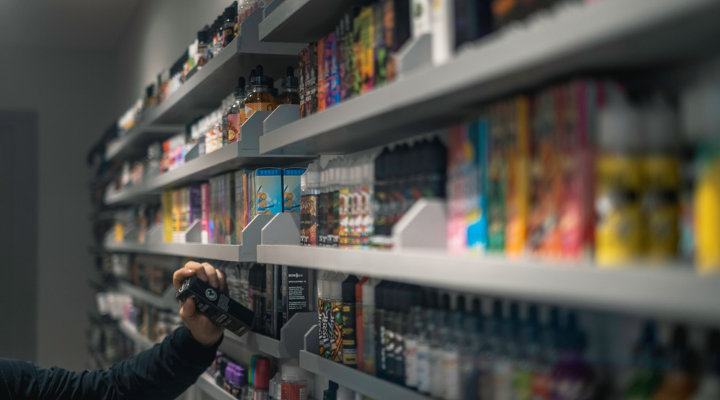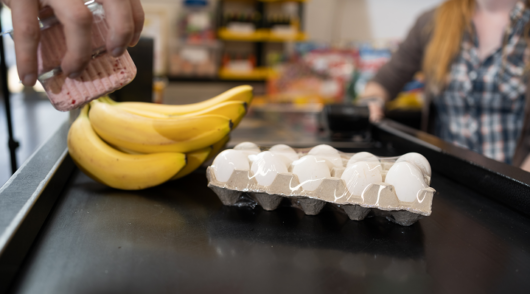The Albanese government has imposed stronger measures to combat the growing threat of nicotine addiction posed by e-cigarettes and vaping. A move that will have significant implications for retailers selling the products.
Health Minister Mark Butler said that vaping had created a whole new generation of dependency in the community and posed a major threat to the country’s success in tobacco control.
“The Albanese Government is not going to stand by and let this happen,” warned Butler.
Regulating vape sale
The crackdown, which follows a public consultation led by the Therapeutic Goods Administration, will see tougher regulations and enforcement of e-cigarettes, including new controls on their importation, contents, and packaging.
The 2023-24 Budget will allocate $737 million to fund measures to protect Australians from the harm caused by tobacco and vaping products.
Among the measures are restrictions on the importation of non-prescription vapes, increases in the minimum quality standards for vapes, and a requirement for pharmaceutical-like packaging.
The allowed nicotine concentrations and volumes will also be reduced, while all single-use, disposable vapes will be banned.
Tobacco tax will be increased by 5 per cent per year for three years in addition to normal indexation and aligning the tax treatment of loose-leaf tobacco products (such as roll-your-own tobacco) with the manufactured stick excise rate to ensure the products are taxed equally.
In addition, the government will also work with other authorities to ban vapes, ending sales at convenience stores and other retailers but still making it easier to get a prescription for legitimate therapeutic use.
“The biggest loophole in Australian history”
Butler said the vaping industry had taken another addictive product – cigarettes – wrapped it in shiny packaging and added flavours to create a new generation of nicotine addicts.
“This is a product targeted at our kids, sold alongside lollies and chocolate bars,” he continued.
“And when more than 1000 teenagers aged 15 to 17 were asked where they could get vapes, four out of five said they found it easy or somewhat easy to buy them in retail stores.”
As governments at all levels work to stamp out the growing black market in illegal vaping products, it said measures would also be needed to prevent the youth from trading their vapes for cigarettes.
“Vaping was sold to governments and communities worldwide as a therapeutic product to help long-term smokers quit,” he explained.
“It was not sold as a recreational product – especially not one for our kids. But that is what it has become: the biggest loophole in Australian history.”
Vaping is not an exit strategy from nicotine dependency
Johnson George, associate professor of Monash University Centre for Medicine Use and Safety, acknowledged the stricter measures and believes there is no place for vaping as an evidence-based smoking cessation strategy in managing nicotine dependence.
He suggested that efforts should be directed at improving access to subsidised smoking cessation treatments in combination with behavioural counselling.
“Prescription and non-prescription smoking cessation medications are safe, efficacious and cost-effective,” said George.
“Other approaches should not be considered until such options have been exhausted.”
In an effort to discourage Australians from vaping and smoking and encourage more people to quit, the government said its budget would also include $63 million for a public health information campaign.
The crackdown on vaping in Australia is just one example of the global pushback against the industry. Several countries, including India, Brazil, and Singapore, have banned e-cigarettes, and others have implemented strict regulations to limit their sale and use.
Deep dive: How sex and lies are selling vapes online






